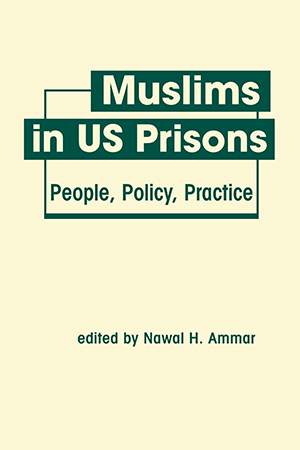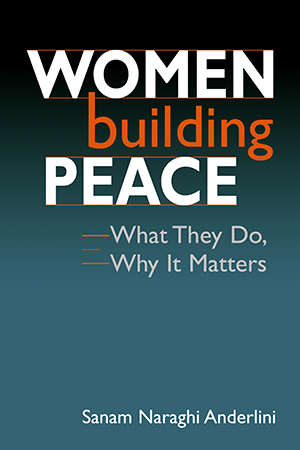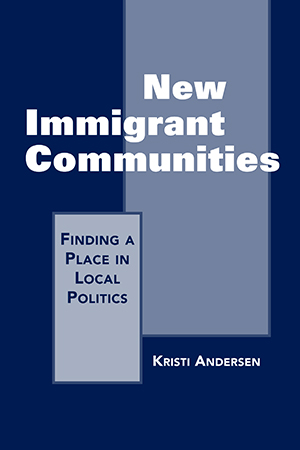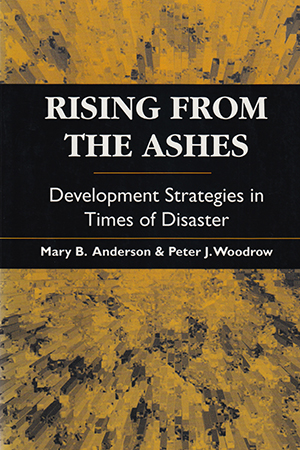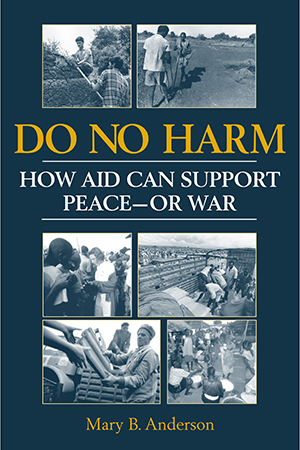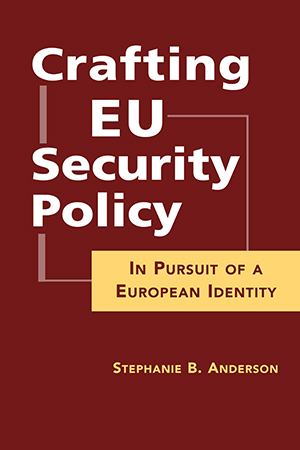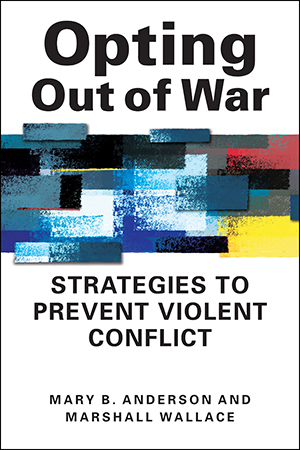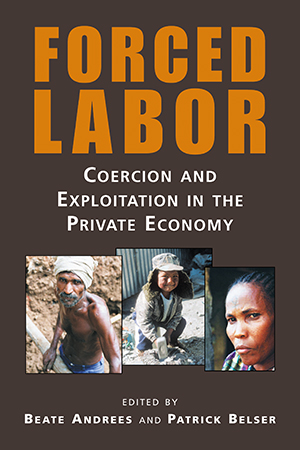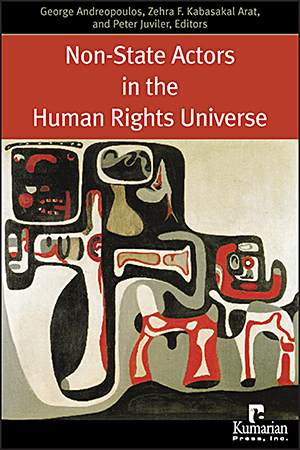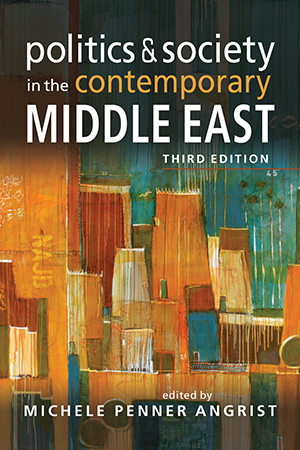BOOKS
How realistic are media portrayals of radical, "homegrown" Islamic terrorists filling US prisons? With prisons a fertile recruiting ground for Islam, what impact does the religion More >
How and why do women's contributions matter in peace and security processes? Why should women's activities in this sphere be explored separately from peacebuilding efforts in More >
How do US immigrants, who settle in places with varied political and social characteristics, find a place at the table in local politics? In particular, how do arrivals to smaller, More >
Drawing on case histories of emergency relief programs that have successfully promoted development, Anderson and Woodrow offer guidelines for fashioning assistance programs designed to More >
Echoing the words of the Hippocratic Oath, the author of Do No Harm challenges aid agency staff to take responsibility for the ways that their assistance affects conflicts. Anderson cites More >
In the absence of external security threats—and especially given that most of the EU member states are also members of NATO—what explains the European Union's commitment to a More >
A Global Observatory Must-Read Book in Peace and Security! How do ordinary people, neither pacifists nor peace activists, come to decide collectively to eschew violent conflict and then More >
Two centuries after the abolition of the transatlantic slave trade, at least 12.3 million people are subjected to modern forms of forced labor—in rich countries, as well as poor More >
Departing from analyses that focus on the role of the state in the arena of human rights, the authors of this original collection offer conceptually sophisticated, but accessible, More >
The rise and decline of ISIS in Iraq and Syria. Deepening authoritarianism in Turkey. The return to military-led rule in Egypt. The impact of Crown Prince Mohammad bin Salman in Saudi More >



